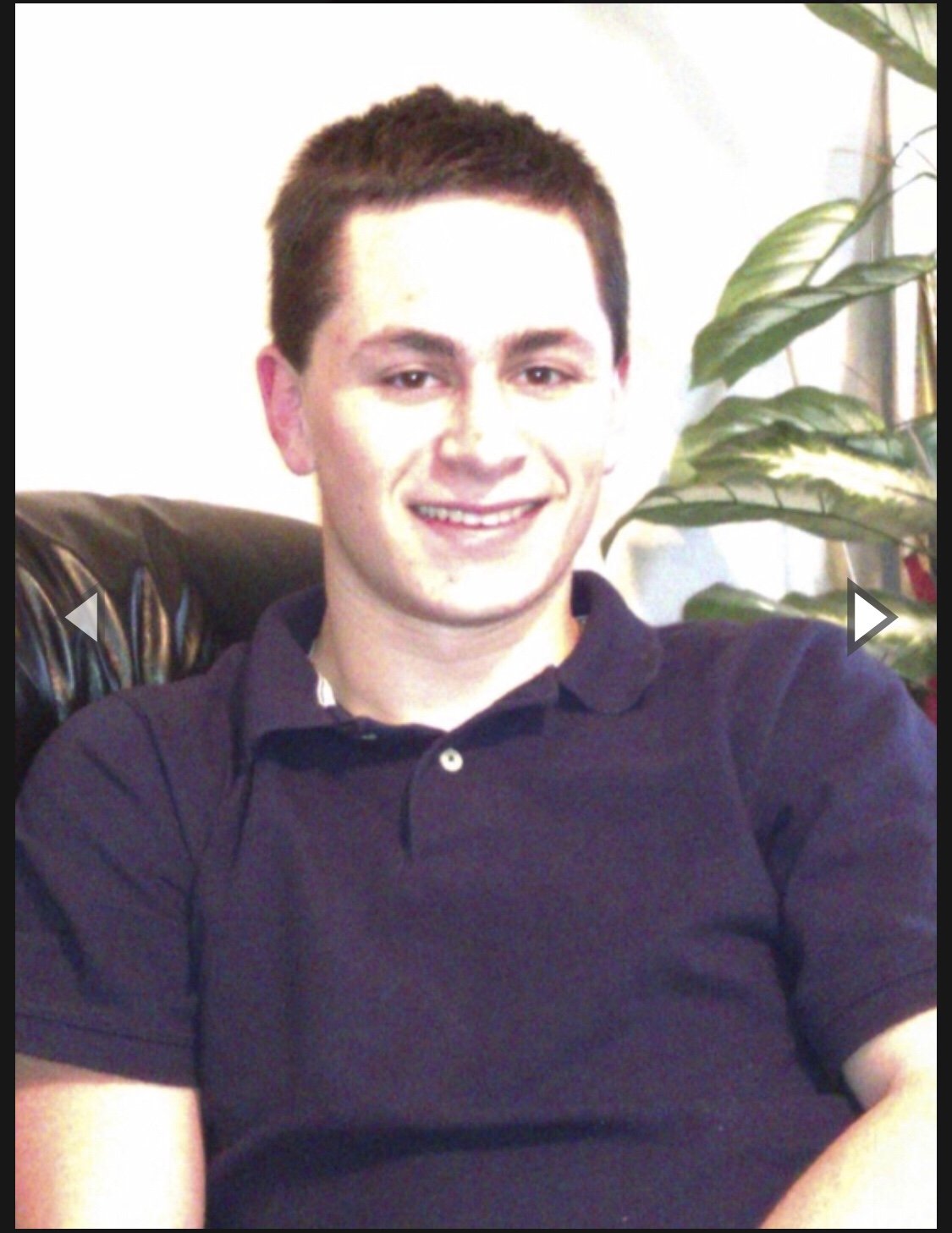In the Name of God: The Exceedingly and Everlastingly Loving and Caring

The Trump Administration has created a new Conscience and Religious Freedom Division at the Department of Health and Human Services. This office was set up to hear complaints from medical professionals who have felt pressured to provide medical services that conflict with their religious beliefs. Roger Severino, head of civil-rights enforcement at HHS, said in an article in the Atlantic: “the state should not force people to go against their integrated view of humanity.”
This was met by considerable alarm by many civil-rights advocates. The very article title in the Atlantic read: “When the Religious Doctor Refuses to Treat You.” The article cited some horror stories:
One 2000 case involved a New Jersey labor-and-delivery nurse named Yvonne Shelton, whose Pentecostal faith meant, to her, that she could not participate “directly or indirectly in ending a life․” In 1995, Shelton’s hospital admitted a patient who was “standing in a pool of blood” and diagnosed with placenta previa. The doctor ordered an emergency C-section, and Shelton was told to scrub in to assist. But when she learned the procedure would terminate the pregnancy, Shelton refused to participate, delaying the procedure by 30 minutes, the hospital claimed. Shelton was fired after refusing another job within the same hospital.
[…]
In 2015, a lesbian couple in Michigan had a pediatrician decline to care for their six-day-old infant, Bay, because, as the doctor later explained to the couple, “after much prayer following your prenatal, I felt that I would not be able to develop the personal patient-doctor relationships that I normally do with my patients.”
Now, I am a religious doctor. My faith is very important to me, and it gives me the strength to tend to very sick people in the ICU. At the same time, I can honestly say that there has never come a time when being a doctor has conflicted with my convictions. Though I am a religious doctor, I would never refuse to treat someone. Never.
Of course, it is not right to compel a healthcare provider to perform a medical procedure – such as an elective abortion – against their will. At the same time, we need to be very careful not to take this “conscientious objection” too far.
For instance, it would be absolutely wrong for me – as both a doctor and a Muslim, frankly – to refuse treatment to someone who contracted HIV from IV drug abuse because Islam prohibits drugs. That would be unconscionable. No matter how someone may have gotten sick, my job as a doctor is to take care of them. Period.
Being blessed to be a doctor or nurse – or any other health-related occupation – is something that can never be taken for granted. People place their complete trust in us – total strangers – to take care of them and be a force of God’s Healing power. We must take great care in focusing on the work to make them well. Period.
Imposing our own moral judgments and religious beliefs on the healthcare of others – even in times of life and death – is a dangerous slippery slope. I, for one, refuse to take this path.

